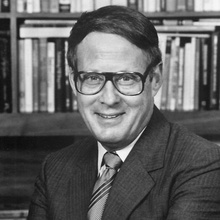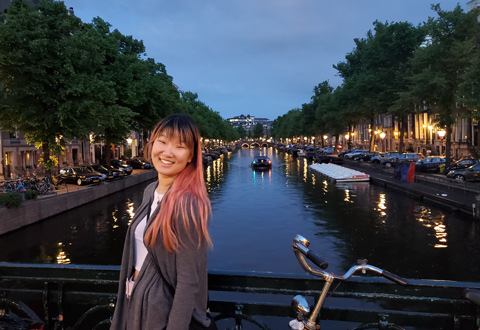Edward E. David
By: Alumni Publications | Categories: Alumni Achievements

Edward E. David Jr., EE 45, of Bedminster, N.J., on Feb. 13.
David served as director of the federal Office of Science and Technology under President Richard Nixon, where he helped draft the administration’s proposals for pollution control and alternative energy following passage of the Clean Air Act in 1970.
He struck partnership agreements with foreign governments and private industry, reorganized the federal scientific bureaucracy, and encouraged Nixon to deliver the first presidential message on science and technology.
During his tenure and afterward, when he served on professional and official panels (including some appointed by other presidents), David warned of the challenges that computers posed to personal privacy, advocated a federal communications network linking local emergency services to provide disaster warnings, expressed alarm at a national learning gap in mathematics, and supported ethical standards for research, according to The New York Times.
He also vigorously challenged the prevailing view on climate change. He and 15 other scientists were listed as authors of an article in The Wall Street Journal in 2012 that said “there is no compelling scientific argument for drastic action to ‘decarbonize’ the world’s economy” and that “aggressive greenhouse-gas control policies are not justified economically.”
Unlike the presidential science advisers who preceded him, David was an industrial scientist. Before serving in government, he was executive director of the communications systems division of Bell Telephone Laboratories, where he worked from 1950 until his presidential appointment in 1970. He left government for Gould Inc., a technology company, and was president of the Exxon Research and Engineering Company from 1977 to 1986.
He was also the United States representative to the NATO Science Committee, a president of the American Association for the Advancement of Science and the founder of a consulting company. He was the author of several books. With John G. Truxal of the Polytechnic Institute of Brooklyn, he created a layman’s school curriculum titled “Man Made World: A Course on Theories and Techniques That Contribute to Our Technological Civilization,” published in 1968.


